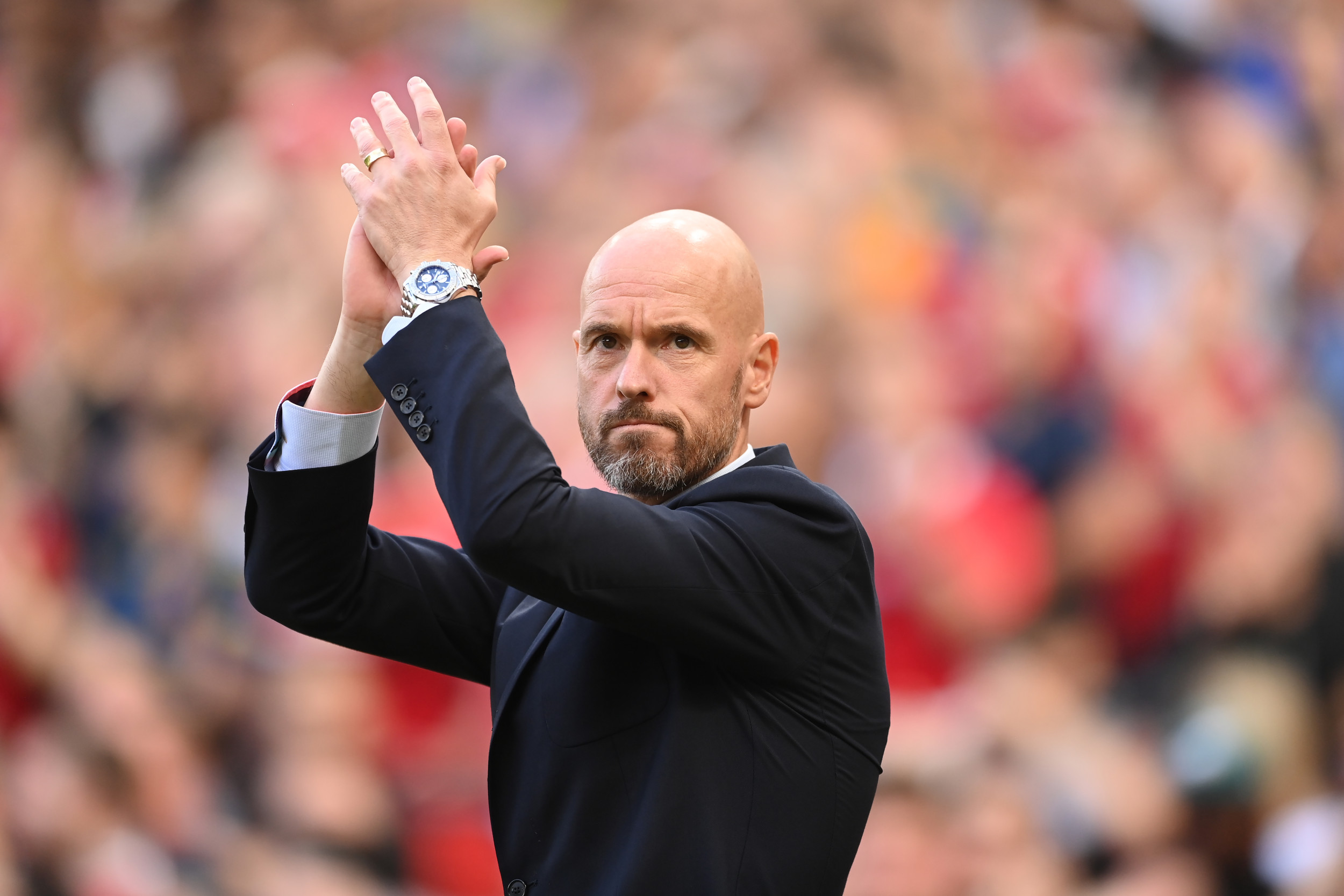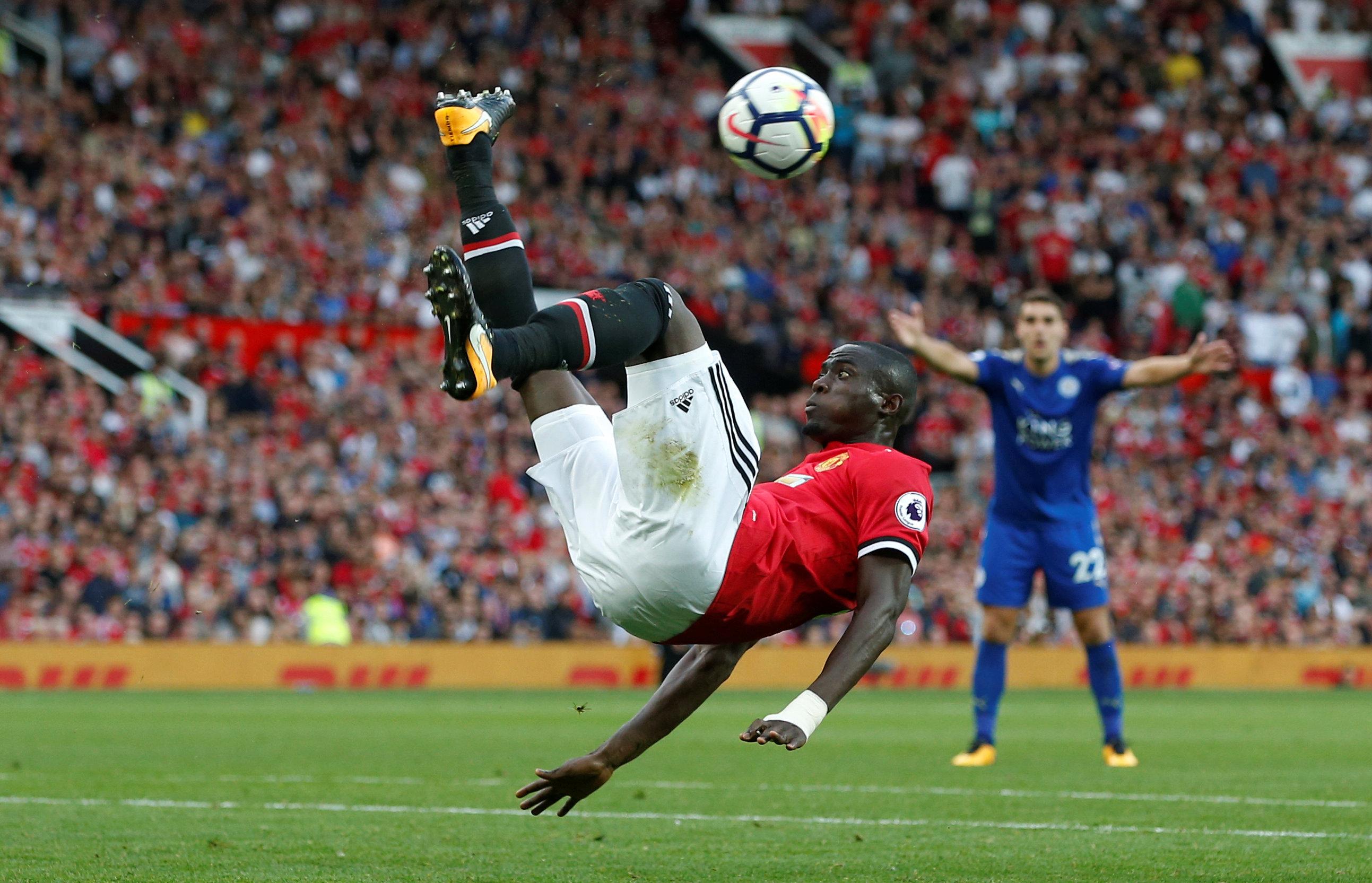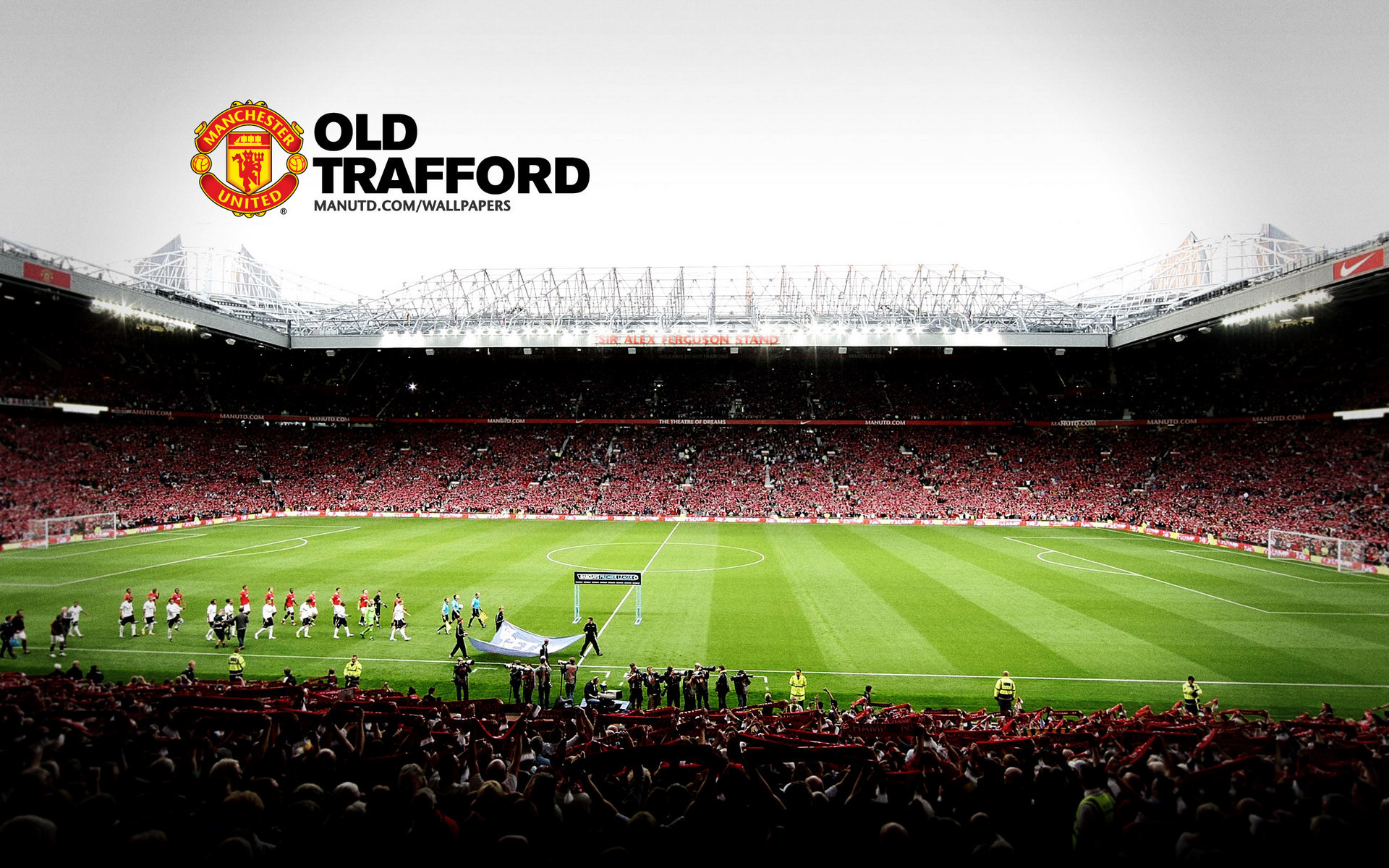Manchester United new manager speculation is reaching fever pitch. The Old Trafford giants are on the hunt for a new leader, and the potential candidates represent a fascinating array of tactical philosophies and managerial experience. This pivotal appointment will not only shape the immediate future of the club but also dictate its long-term trajectory, influencing player performance, transfer strategies, and fan expectations alike.
The search for the next manager is a complex undertaking, weighing the strengths and weaknesses of various candidates against the club’s current squad and financial capabilities. From analyzing potential tactical shifts to forecasting the impact on key players like Bruno Fernandes and Marcus Rashford, the appointment will be scrutinized from every angle. This analysis delves into the potential candidates, their styles, and the profound implications for Manchester United.
Manchester United’s Managerial Search: A Deep Dive: Manchester United New Manager
The ongoing search for a new manager at Manchester United is a pivotal moment for the club. The appointment will significantly impact player performance, transfer strategies, fan sentiment, and the club’s overall trajectory. This analysis examines potential candidates, their impact on the squad, and the broader implications of this crucial decision.
Managerial Candidates and Their Approaches
Several high-profile managers are linked with the Manchester United vacancy. Each brings a unique managerial style, tactical philosophy, and experience. A comparison of three prominent candidates highlights their strengths and weaknesses in relation to the current United squad.
For descriptions on additional topics like copenhagen fc vs manchester united, please visit the available copenhagen fc vs manchester united.
Potential Candidates: Erik ten Hag (Ajax), Mauricio Pochettino (Free Agent), and Luis Enrique (Free Agent) are frequently mentioned in the media.
Comparative Analysis: Erik ten Hag’s possession-based, high-pressing style contrasts with Pochettino’s more pragmatic and counter-attacking approach. Luis Enrique favours a fluid, possession-dominant system with high intensity. Ten Hag’s experience building young talent at Ajax aligns well with United’s need to integrate academy players. Pochettino’s experience managing top clubs like Tottenham and PSG demonstrates his ability to handle pressure and high-profile players.
Luis Enrique’s success with Spain’s national team showcases his ability to manage a diverse group of players and implement complex tactical systems.
Strengths and Weaknesses: Ten Hag’s youth development expertise could be crucial for nurturing United’s young talents like Alejandro Garnacho and Facundo Pellistri. However, his relative lack of experience managing in the Premier League could be a challenge. Pochettino’s experience at top clubs is a major asset, but his inconsistent track record in major competitions raises questions. Luis Enrique’s tactical flexibility is a significant advantage, but his demanding style might not suit every player in the squad.
| Candidate | Age | Years of Managerial Experience | Significant Trophies | Preferred Playing Style |
|---|---|---|---|---|
| Erik ten Hag | 53 | 10+ | Eredivisie (Ajax), KNVB Cup (Ajax) | Possession-based, high-pressing |
| Mauricio Pochettino | 51 | 15+ | Ligue 1 (PSG), Coupe de France (PSG), Coupe de la Ligue (PSG) | Pragmatic, counter-attacking |
| Luis Enrique | 52 | 10+ | La Liga (Barcelona), Copa del Rey (Barcelona), UEFA Champions League (Barcelona) | Fluid, possession-dominant, high intensity |
Impact on Player Performance
A new manager’s arrival will undoubtedly impact key players like Bruno Fernandes and Marcus Rashford. Their roles, responsibilities, and playing styles could be significantly altered depending on the incoming manager’s tactical approach.
Examples of Managerial Influence: Sir Alex Ferguson’s impact on players like Cristiano Ronaldo and Wayne Rooney is a prime example of how a manager can transform individual performances. Similarly, Jose Mourinho’s impact on players like Nemanja Matic and Paul Pogba demonstrated how tactical adjustments can either elevate or hinder a player’s performance.
Potential Tactical Changes: A manager favoring a possession-based system might significantly alter the role of Bruno Fernandes, possibly shifting him into a deeper midfield role to dictate play. Marcus Rashford’s position and attacking responsibilities could change depending on the chosen formation and attacking strategy. A high-pressing system could demand more defensive work from both players.
- Formation Change to 4-3-3: Bruno Fernandes as a central midfielder, Rashford as a left-winger.
- Formation Change to 4-2-3-1: Bruno Fernandes as an attacking midfielder, Rashford as a striker or winger.
- Formation Change to 3-4-3: Bruno Fernandes as a central midfielder, Rashford as a wing-back.
Transfer Market Implications, Manchester united new manager
The new manager’s preferred playing style will significantly influence Manchester United’s transfer targets and spending priorities. Certain players might be deemed surplus to requirements, leading to potential sales or releases.
Potential Transfer Targets: A possession-based manager might prioritize technically gifted midfielders and creative wingers. A counter-attacking manager might focus on pacey forwards and robust central midfielders. A manager emphasizing high intensity might look for players with exceptional stamina and work rate.
Transfer Budget and Spending Priorities: The arrival of a new manager could lead to a reassessment of the club’s transfer budget. The club might prioritize certain positions over others based on the manager’s tactical requirements. Players who don’t fit the manager’s system might be sold to free up funds for new signings.
- Players potentially sold: Players whose skill sets do not align with the new manager’s system could be released or sold, generating funds for new signings. This could include players deemed inconsistent or not fitting the tactical demands.
Hypothetical Financial Implications: Selling a player for £50 million and reinvesting that money in two players costing £20 million and £30 million would maintain the net spend, but significantly alter the squad composition.
Fan Expectations and Media Reaction
Manchester United fans have high expectations for the new manager. The appointment will be scrutinized by the media and the fanbase will expect immediate improvements on the pitch. Past managerial appointments have been met with a mixture of excitement and apprehension, depending on the candidate’s reputation and track record.
Examples of Media Reactions: The appointments of Jose Mourinho and Ole Gunnar Solskjaer were initially met with significant media attention and varying levels of optimism. Subsequent performance significantly shaped the media’s narrative.
Impact on Brand Image: The choice of manager will have a considerable impact on the club’s brand image. A high-profile appointment can enhance the club’s prestige, while a less successful appointment could negatively impact fan confidence and sponsorship deals.
Hypothetical Headlines:
- Positive Outcome: “Ten Hag Era Begins: United’s New Manager Inspires Hope”
- Negative Outcome: “United’s Gamble Backfires: New Manager Struggles to Deliver”
Short-Term and Long-Term Goals

The new manager will need to establish clear short-term and long-term goals for the team. Short-term goals will focus on immediate improvements, while long-term goals will involve a broader vision for the club’s playing style and development.
Short-Term Goals: Securing a top-four finish in the Premier League, reaching the latter stages of a domestic cup competition, and improving the team’s attacking fluidity are realistic short-term targets.
Long-Term Vision: The long-term vision might involve establishing a distinct playing style, developing young talent, and consistently competing for major trophies both domestically and in Europe.
Timeline:
- Season 1: Top-four finish in the Premier League, reach at least the semi-finals of a domestic cup.
- Season 2: Challenge for a major trophy, further integration of young players, refinement of playing style.
Illustrative Examples of Managerial Success
Pep Guardiola’s success at Manchester City provides a compelling example of a manager transforming a club’s playing style and achieving sustained success. His possession-based, high-pressing system, coupled with meticulous player development, led to multiple Premier League titles and Champions League qualification.
Detailed Description of Success: Guardiola’s methodical approach to building a team, focusing on technical proficiency and tactical flexibility, resulted in a dominant team capable of adapting to various opponents. His success was built not just on individual brilliance but on a collective understanding and execution of a complex tactical system. Matches like the 2019 Community Shield victory against Chelsea showcased his ability to outwit and outmaneuver established Premier League teams.
Revitalizing a Struggling Team: Jurgen Klopp’s transformation of Liverpool from a mid-table team to Champions League winners demonstrates the impact of a charismatic manager with a clear vision. His emphasis on high-intensity pressing, coupled with a strong team spirit, revitalized the club’s performance and brought back its winning mentality.
The appointment of Manchester United’s new manager is poised to be a defining moment in the club’s history. The decision will reverberate throughout the squad, the transfer market, and the fanbase, shaping the team’s identity and ambitions for years to come. The weight of expectation is immense, and the chosen candidate will face the significant challenge of revitalizing a club with a rich history and a passionate following.
The coming months will be crucial in determining whether this new era heralds a return to glory or a continuation of recent struggles.



